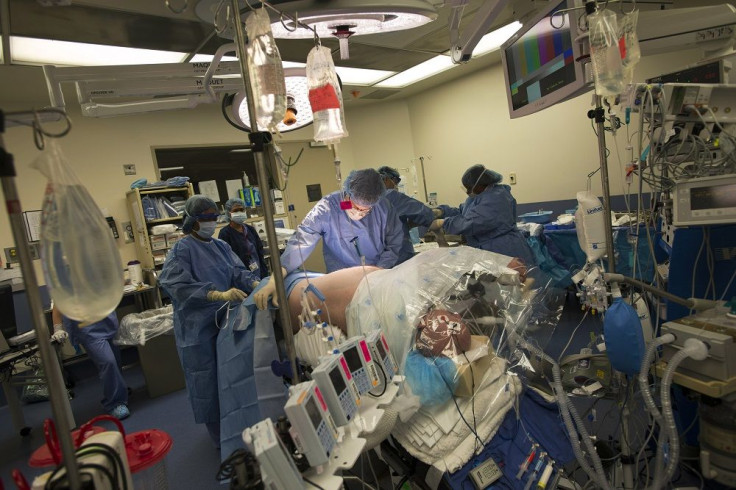South Africa Performs 1st Successful Penis Transplant

There is now hope for men who suffered from botched circumcisions or whose partners cut off their penis and destroyed or threw away the male genital. South African doctors performed on Dec 11, 2014, the world’s first successful penis transplant.
The procedure was done at the Stellenbosch University and Tygerberg Hospital. The patient lost his penis in 2012 due to complications after he had a traditional circumcision procedure, Bloomberg reports.
Three months after the procedure, the man has fully recovered from the nine-hour procedure. Doctors said his transplanted penis is functional, hinting it is capable of achieving erection.
The university press release on Friday said the man’s recovery includes his urinary and reproductive functions.
Frank Graewe, head of the university’s Division of Plastic Reconstructive Surgery, said in a statement, “We’ve proved that it can be done – we can give someone an organ that is just as good as the one he had.” He added, “It was a privilege to be part of this first successful penis transplant in the world.”
China actually performed a penis transplant surgery in 2006, but the procedure was reversed after two weeks because of the psychological problems suffered by the organ recipient.
While Andre Van der Merwe, the lead surgeon and head of Urology at the university said that they are impressed with the patient’s rapid recovery, the man would have to wait for two years before he could gain full used of the transplanted organ.
He said they used same microscopic surgery technique, used in the world’s first facial transplant, to connect small blood vessels and nerves, and the psychological evaluation too. Dr Anthony Atala, director of the Wake Forest Institute for Regenerative Medicine, underscored the importance of follow-up to ensure there won’t be a repeat of what happened in China which was psychological and not medical rejection of the transplanted organ, CNN reports.
With this landmark medical breakthrough, penises could now be added to the list of human organs that could be donated. Although unlike kidney donations which could be done while the donor is alive, the organ to be harvested would have to be from a dead man.
To contact the writer, email: v.hernandez@ibtimes.com.au





















